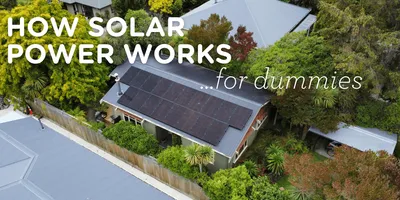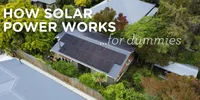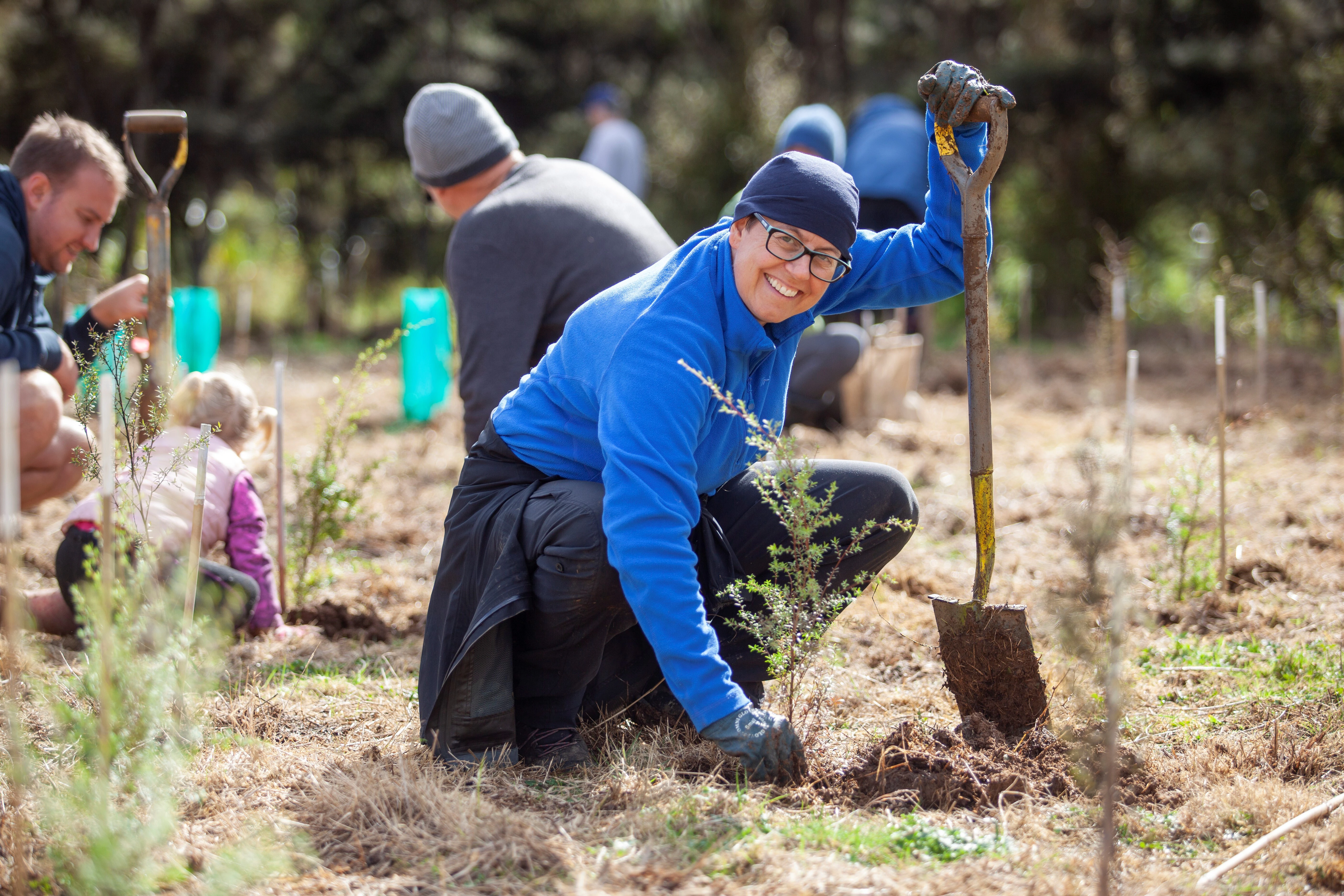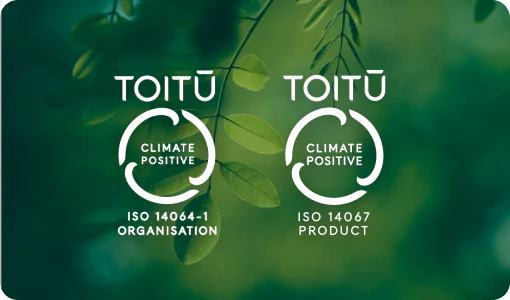Recycling 101
02/05/2023
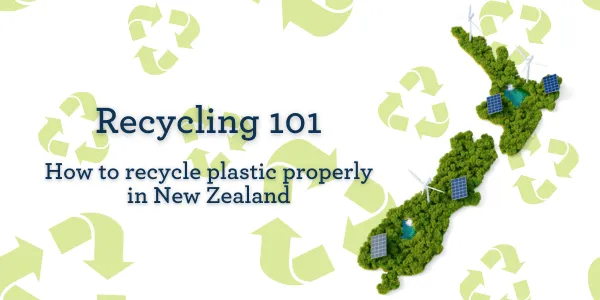
Plastic has become an indispensable part of our daily lives. We use it for everything from packaging our food to storing our household items. However, plastic waste has become a major environmental problem, particularly in New Zealand. According to the Ministry for the Environment, Kiwis generate around 252,000 tonnes of plastic waste each year, with only around 37% being recycled. This means that the rest ends up in landfills or worse, in our oceans and waterways.
Why Is Recycling Plastic Important?
- Reducing Waste: Recycling plastic reduces the amount of waste going to landfills or ending up in our environment. This, in turn, reduces the need for new landfills and helps to preserve our natural resources.
- Conserving Energy: Recycling plastic uses less energy than producing new plastic from raw materials. This means that recycling reduces greenhouse gas emissions and helps to combat climate change.
- Creating Jobs: Recycling plastic creates jobs in the recycling industry, which can help to boost local economies.
How to Recycle Plastic in New Zealand
Check Your Council's Recycling Guidelines: Every council in New Zealand has different recycling guidelines. Check with your local council to find out which types of plastic can be recycled in your area. If your plastic waste is not recycled properly, it won’t be recycled at all.
- Clean and Dry: Before recycling plastic, make sure to clean it and dry it thoroughly. This will help to ensure that the plastic is not contaminated and can be recycled.
- Remove Lids and Labels: Lids and labels can often be made from a different type of plastic than the container they are attached to, which can make recycling difficult. Make sure to remove lids and labels before recycling plastic. However, some councils require you to leave lids on, best to check this first.
- Sort by Type: Different types of plastic have different recycling processes. Make sure to sort your plastic by type, so it can be recycled properly. Soft plastics generally need to be recycled separately and don’t go with your bottles and glass. Most supermarkets have soft plastic drop off bins you can use.
- Kerbside Recycling Bin: find your recycling day and leave your recycling bin on the kerb outside your house the night before.
- Take it to a Recycling Centre: Many councils have recycling centres where you can drop off your plastic for recycling. Check with your local council to find out where your nearest recycling centre is located.
What are the different types of Plastic?
On the bottom of your plastics you will find a chasing arrow triangle with a number in the middle, that number corresponds to the type of plastic it’s made from. Please note that not all plastics can break down and be recycled. Getting to know the numbers will help when recycling your plastics.

Thankfully single-use plastic is on its way out. In 2019 New Zealand banned the use of single-use plastic bags which has prevented over 1 billion plastic bags from ending up in landfills and the ocean. The government is not stopping there, in 2022 it became illegal to provide, sell or manufacture PVC food trays and containers, PS and EPS takeaway food and drink packaging, oxo- and photo- degradable plastics, plastic drink stirrers and plastic stemmed cotton buds. From July this year (2023) plastic produce bags (including compostable and biodegradable bags) plastic tableware and cutlery, plastic straws and non-home compostable produce labels will be banned in New Zealand.
There are many things that you can do now to reduce your use of single-use plastic, for example reusable coffee cups or takeaway containers. Check out Reusabowl, a company that makes sustainable and reusable takeaway containers out of rice husk. The idea is that you use your own container to your favourite takeaway spot for them to fill, reducing single-use waste.
Recycling plastic is important for the environment and our economy. By following the guidelines above and provided by your council, we can all play a part in reducing plastic waste in New Zealand. So, let's all do our part to recycle plastic and help protect our planet.
References:
https://learn.eartheasy.com/articles/plastics-by-the-numbers/


